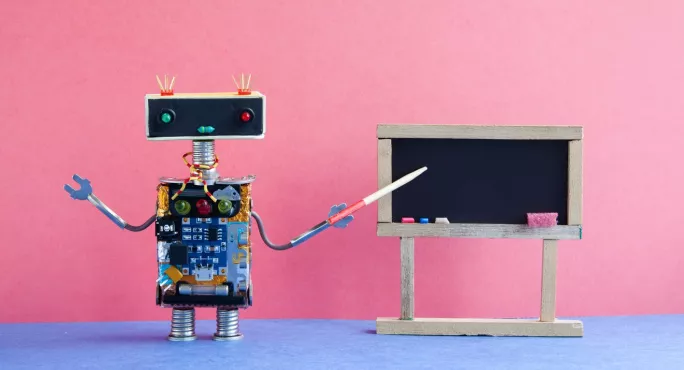The recent past has been punctuated by confident assertions that we are on the cusp of a revolution in the way technology is used in schools. Yet each technological advance (computers, the internet, Web 2.0) failed to fundamentally change the game.
Anthony Seldon argues that the advent of artificial intelligence (AI), combined with virtual and augmented reality will, for sure, shake everything up. Schools and teachers, we are told, will never be the same again.
Meanwhile, learning and life have in fact begun to take on new forms, but this seems to have happened alongside and around formal, classroom-based learning models. For young people, learning is increasingly social, informal and seamless.
To some extent, this is reflected already in the spectrum of spaces and student behaviours in our schools, and was captured in a book by MIT researchers as involving a range of configurations including “hanging out, messing about, and geeking out”. The changes have been accommodated in common rooms, corridors and courtyards, in lobbies and libraries. But typically, the classroom itself has remained wedded to the industrial model.
Current and future technological changes bring into question the whole basis of the “factory” nature of schools and teaching. Immersive VR/AR environments, personalised learning programmes, adaptive testing and online assessment, and translation technologies, all add to the pre-existing case for re-thinking the fundamentals of schooling. Teaching and learning need no longer be constrained by period (the school day or year), place (the physical confines of the classroom), path (the pedagogy used by the teacher) or pace (the tempo of an entire class).
These affordances, and their associated pedagogies (themselves drawing inspiration from design thinking), would likely make the average classroom look more like a collaborative project room.
The advent of AI also offers the prospect of major progress in two key areas that will, we must surely hope, change the teacher’s role. The first is the possibility that machine learning technology using big data sets will, at last, allow educationalists to gain solid information on what works in teaching and learning.
Secondly, much of the time-consuming work done by teachers could instead be done by “intelligent” machines. This goes beyond clerical data capture, and includes some transmitting knowledge and checking on progress. Personalisation has hitherto been held back by the lack of bandwidth in terms of teacher time. In these cases indeed, the game may be about to change.
In this brave new world, the teacher’s role is enhanced. Putting aside the pastoral dimension, the role of teachers and schools is partly to combat the tendency for “skating” rather than “diving”. Knowledge in the digital life-world is spread wide but thin (supported, ironically, by exam emphasis on bite-sized knowledge and staccato responses).
Teachers of all subjects have a role in encouraging learning in depth. This might involve sustained engagement in particular projects, or setting exercises that require students to link up, expand on and qualify ideas.
With unlimited access to information and resources to learn about anything, anywhere, schools provide a bounded and structured environment within which exploration can happen in a joined-up way. More than that, in a modular, mutating world, schools provide essential spaces for deeper, more sustained learning, involving critical and creative thinking.
Kevin Stannard is director of innovation and learning at the Girls’ Day School Trust. He tweets @KevinStannard1





